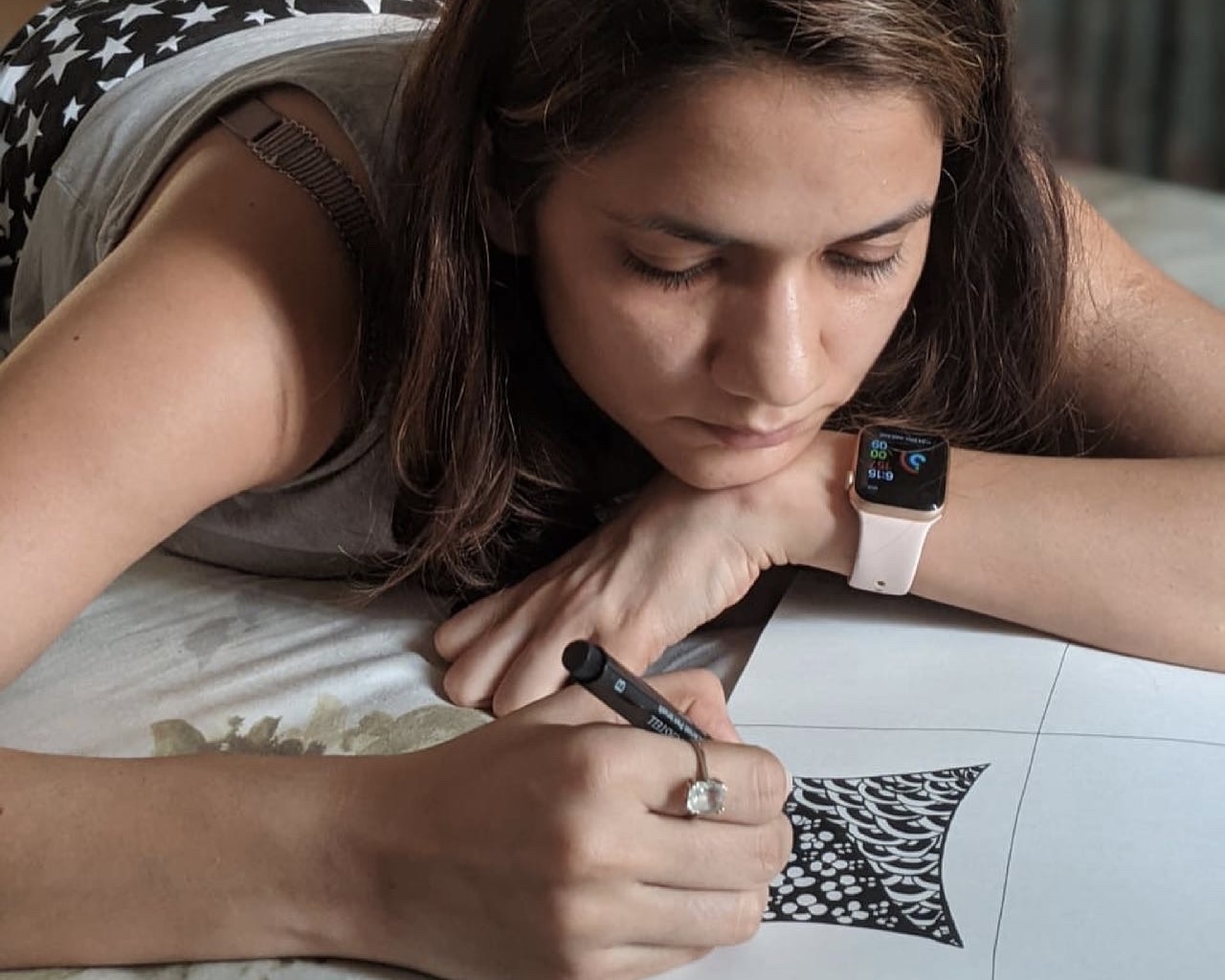We live in a conflicted world where stress is everywhere–at home, at work, in traffic, at the airport–wherever we go, there’s always a strong potential for stress to consume us. More stress and less rest are causing various lifestyle issues and many of our present-day problems. Yet, we continue to run this body into overdrive till we hit burnout, depression, chronic fatigue, or seriously damage our relationships due to unhealthy coping mechanisms.
How Stress impacts our life
High stress also means less sleep which impacts our cognitive functions negatively, making us less productive. And still, we keep trying to play catch-up with continuously diminishing returns for our efforts, getting more frustrated and stressed in the process.
Yet, the one antidote to stress, which is readily available to us all the time, leaves us feeling guilty. And that is rest. And it is not a crime. On the contrary, it is an essential service you provide to live a healthy and balanced life.
You can work hard, as hard as you would like to. But it would help if you also balanced that hard work with rest, without feeling guilty about it.
It’s a simple lesson. But difficult to practice. So, hear me out.
The downside of ‘hardwork’
I was that personality type who could work myself to the bone without realising that my energy is depleting till it was too late. People would often say I was “very hard working”, – so this trait was highly appreciated, and I also thought of it as a “good thing”.
It wasn’t until I discovered yoga and learnt more about the stress that I started understanding what this habit of overworking was doing. The self-awareness that came through yoga and mindfulness practices worked like a spotlight, finally making me see the damage I was doing to my mental and physical health.
Over the years, I’ve now built a system that allows me to work passionately on what I want to while consciously making time to recover.
- Goal Setting: I set goals not so that I can do more work. Instead, my goal setting is oriented towards doing less and being smart. For example, I never used to have a hard stop to my days and could continue working till late in the night if I was engrossed. Now I consciously disconnect when it’s time. You can watch my YouTube Video on Goal setting here.
- Do nothing: It’s okay to sit down and not do anything. You can also use this time for doodling, knitting, puzzles. My only rule is that whatever I do should not be work-related.
- Practice Yoga: Choose a style that works for you. Just because someone feels good after an intense yoga session does not mean you will too. Due to your lifestyle and circumstances, you may do better with a more restful yoga practice. My practice is fluid, versatile and largely intuitive as that way, I always feel energised after I’m done. Take this fun quiz to help you identify which style of yoga is best for you.
- Meditation helps: Soon, doctors will be recommending this practice just like they recommend walking today. It’s that necessary for a healthy life. Just like we brush our teeth daily to prevent cavities, we must meditate to manage stress. If you’re a beginner you can check out Yoganama’s 9 day Meditation Foundations program to start your mindfulness journey.
- Watch out of signs: there are a few signs that tell me I’m pushing myself too much – getting irritable, fatigue, poor sleep quality, excessive food cravings, to name a few. They’re warning signals that I’m doing more than I have the capacity for. So, it helps to to identify the physical symptoms of stress in the early stages it self.
When I consciously push the pedal on work, we all may need to from time to time as we can’t always live in a perfectly controlled environment. So sometimes we do overwork. But I’ll always balance it out with sufficient rest. And you must too.
Do not be proud of giving up sleep, rest, and recovery. They are the enablers of success, not detriments.







